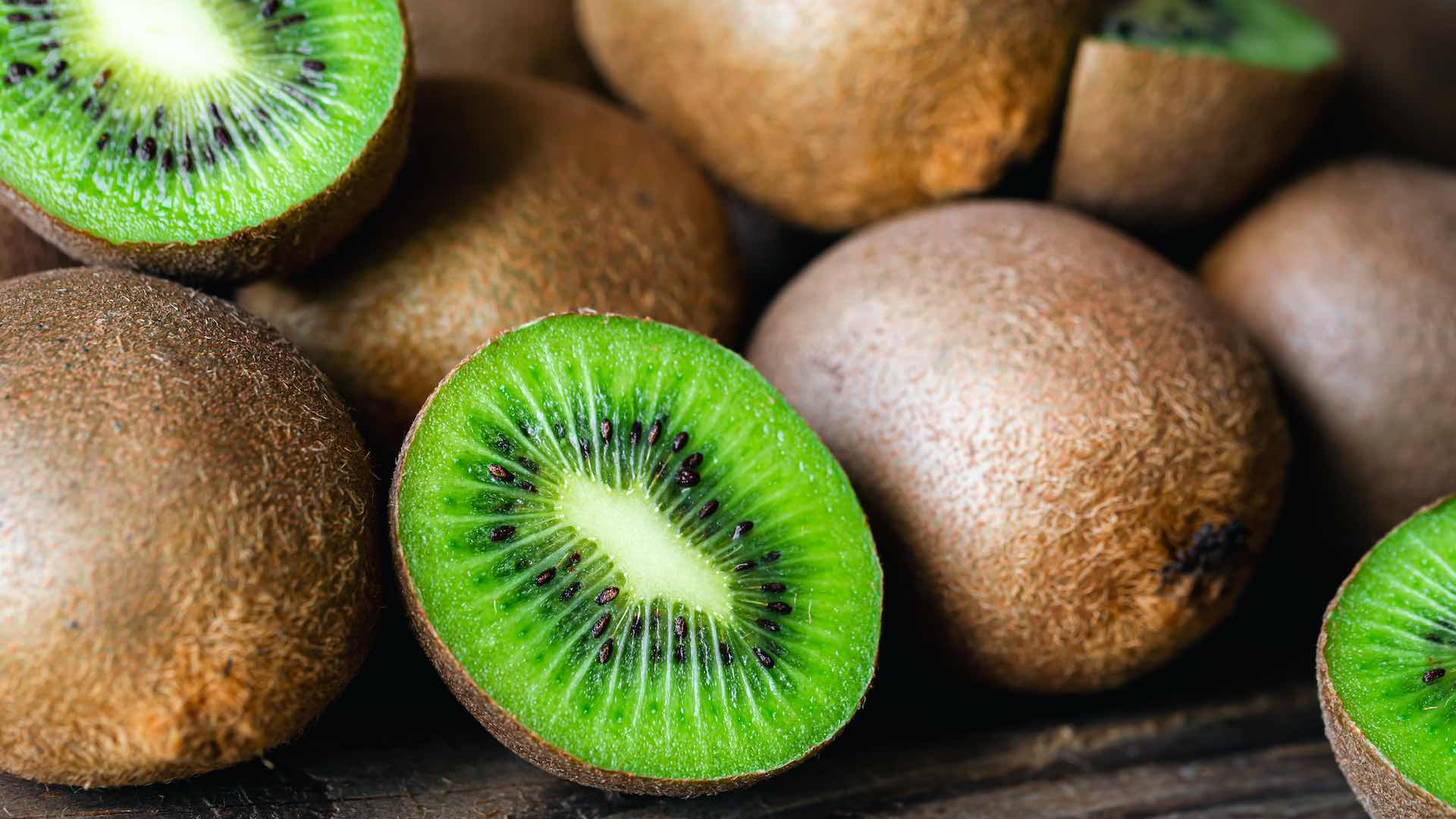New Zealand scientists have discovered that consuming kiwi can significantly improve mood within just four days, surpassing the long-standing belief in the mental health benefits of apples. The findings, published in the prestigious British Journal of Nutrition, suggest a potential shift in dietary recommendations for enhancing psychological well-being.

According to Tamlin Conner, a psychology professor at the University of Otago and co-author of the study, incorporating small dietary changes like adding kiwifruit could lead to notable improvements in daily mood. This revelation challenges traditional notions about the impact of diet on mental health. The mood-boosting properties of kiwi are attributed to its high vitamin C content, a nutrient known for its ability to enhance vitality and mood.
By conducting a controlled diet experiment involving 155 adults with vitamin C deficiency, the research team aimed to investigate the efficacy of kiwi in enhancing psychological well-being. Participants were divided into three groups: one receiving a placebo, another receiving a 250mg vitamin C supplement, and the third consuming two kiwis daily. Over an eight-week period, they were monitored for changes in mood, vitality, sleep quality, and physical activity.
Results showed that both the vitamin C group and the kiwi consumers reported improved moods. However, only the latter group experienced an increase in self-perceived success, indicating a unique psychological benefit associated with kiwi consumption. Remarkably, participants in the kiwi group reported enhancements in vitality and mood within just four days, with effects peaking between 14 to 16 days.
Lead author Dr. Ben Fletcher, from the University of Otago, emphasized the significance of these findings, highlighting the rapid impact of dietary choices on mental well-being. The mental health benefits of kiwi were attributed to its exceptional vitamin C content, particularly in the SunGold variety, which boasts three times as much vitamin C as oranges and strawberries on an edible flesh-weight basis.
This underscores the importance of selecting nutrient-rich foods for optimal psychological health. In light of these findings, Fletcher advocates for a holistic approach to nutrition and well-being, emphasizing the incorporation of various nutrient-rich foods into one’s diet. This research opens new avenues for understanding the relationship between diet and mental health, offering hope for those seeking natural ways to enhance their psychological well-being.
